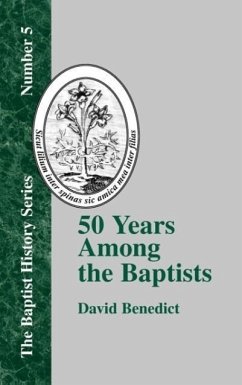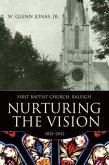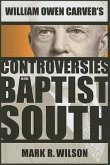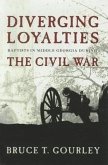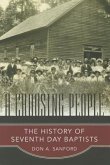"The historian", Henry James said, "essentially wants more documents than he can really use". Indeed, the documents provide context and content, without which meaningful recounting of history may be impossible. Where documents are lacking, history becomes the telling of educated guesses and informed theories based on the mute testimony of whatever artifacts, if any, are available. There is, however, no lack of documentation for the ongoing "Fundamentalist-Moderate Controversy" in the Southern Baptist Convention. In fact, disciplined selection is necessary to keep this collection within manageable limits. The present selection is excellent: all sides are represented and the events of the ongoing SBC "holy war" are replayed by the news releases, sermons and addresses, motions and resolutions through which those events originally were played out. The documents have been changed only to fit these pages. This is not all the story, but it is a good part of the story of a people called Southern Baptists. It is a story we all need to know and remember. We cannot undo or redo what has been done. We can learn from what has happened. What is history for? Not just for the historian, but for all of us, these primary and key "documents of the controversy" tell the story. Walter Shurden's overview and introductions along with his annotated chronology set the stage, reminding us where we were when. Then the reporters and preachers, the movers and shakers, the principals and sometimes even pawns go to "Action!" and tell the story in their own words, which, after all, is the way it happened.




